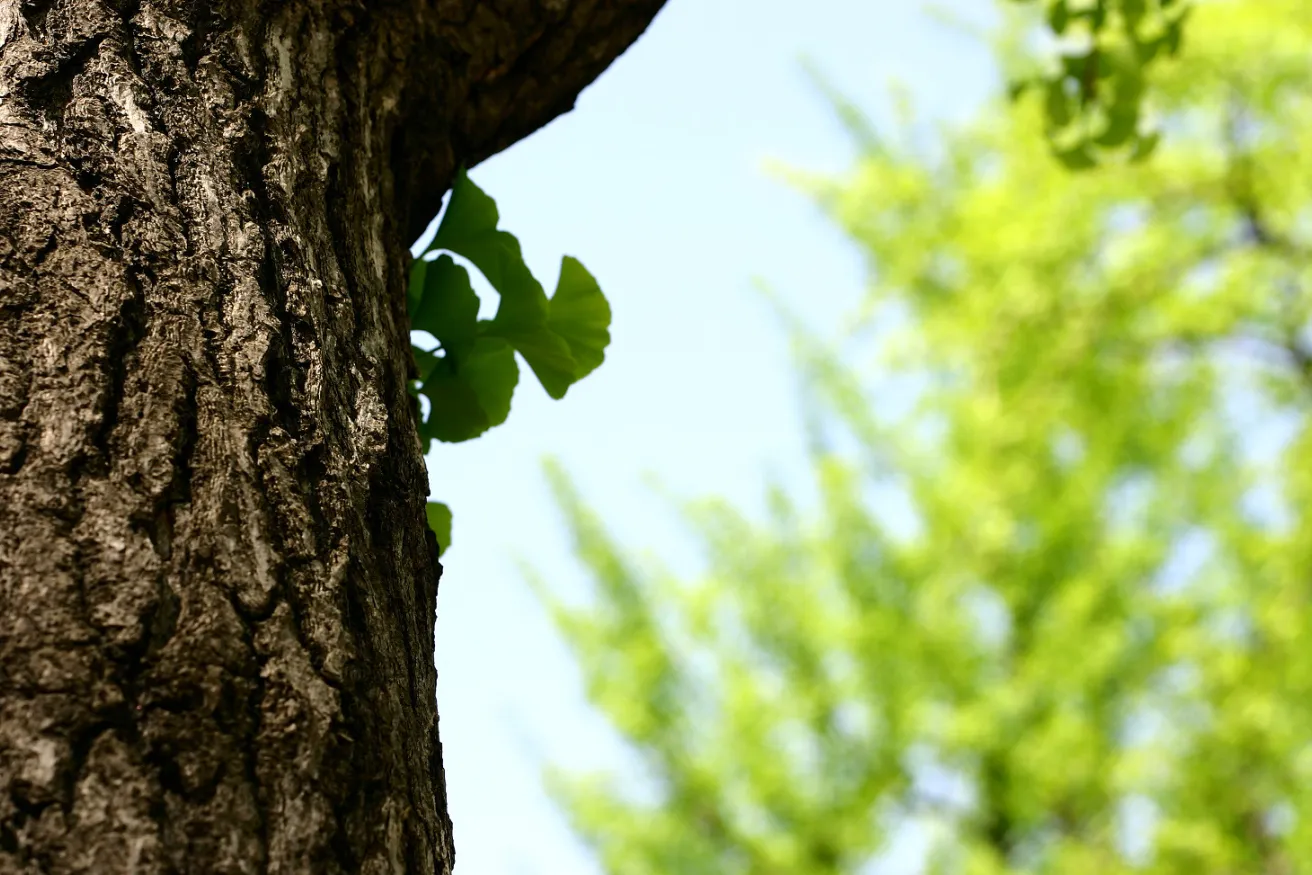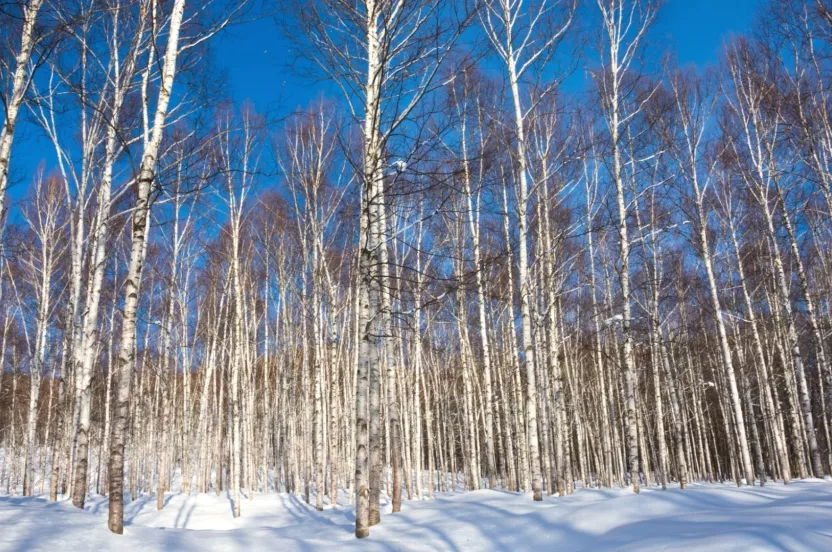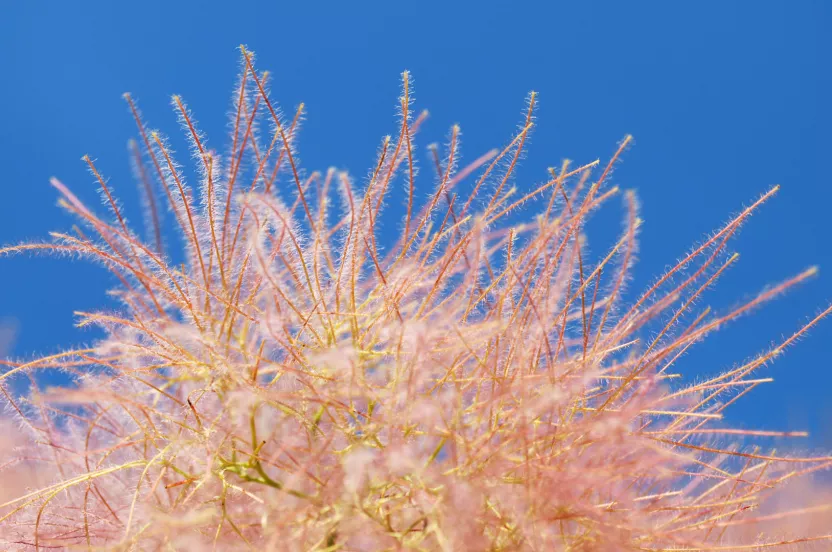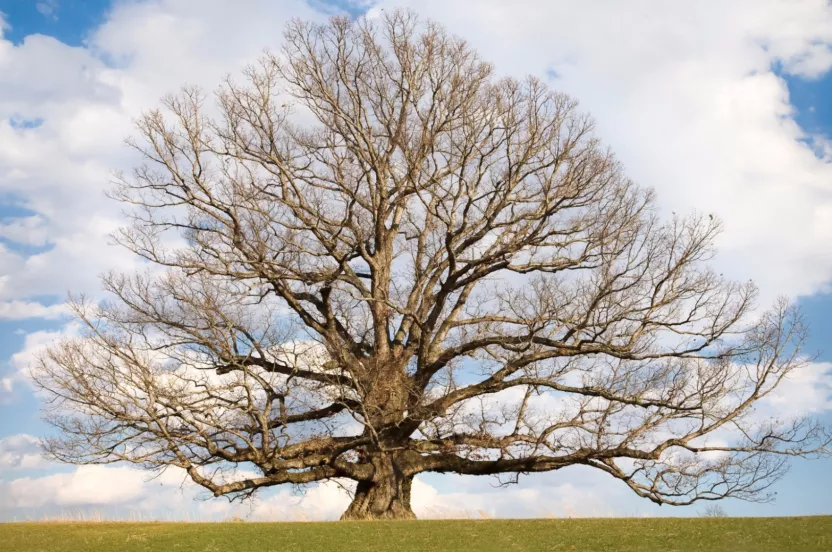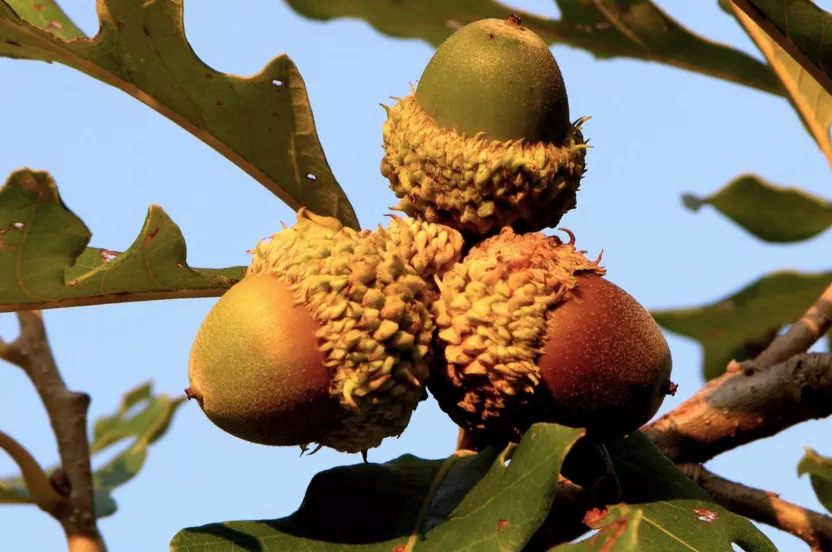The Arbor Day Foundation is pledging 10 million trees to areas impacted by hurricanes Helene, Milton Help us replant
Ginkgo biloba
Did you know there are leaf fossils from the Ginkgo tree dating as far back as 270 million years? What makes this tree even more unique is its life span, living as long as 3,000 years. The Ginkgo is full of distinct characteristics, from its outlandish leaves to the medicinal value derived from its seeds and foliage. Additionally, the Ginkgo has been classified as both a shade tree and an ornamental because of its lush canopy and visual beauty.
Here are a few things to note if you’re considering adding this Paleozoic tree to your yard.
Environmental Conditions:
- Grows well in loamy, moist, rich, sandy, silty loam, wet and clay soils. Is moderately drought tolerant but does not grow well in hot, dry climates (grows in hardiness zones 3-8).
- Is a medium growing tree, growing up to two feet a year and reaching 25—35 feet at maturity. Note: May grow slowly for several years after planting.
- Does well in both full sun and partial shade, prefers at least four hours of sunlight every day.
- Tolerates heat, air pollution and soil salt and transplants easily.
Physical Attributes:
- Best known for its unique, fan-shaped leaves that offer vibrant yellow foliage in the fall.
- Grows in pyramidal shape, serving as a great shade tree. Bonus: works well as a street tree, even in confined spaces.
- Produces naked, tan seeds that are plum-like, some complain of the mess and odor associated with the fruit of the female tree.
Tag us in a photo of your Ginkgo tree!

